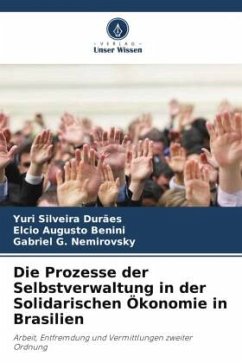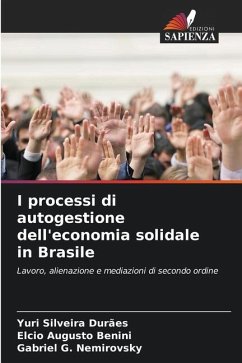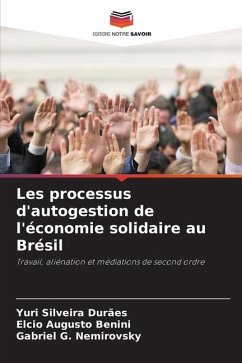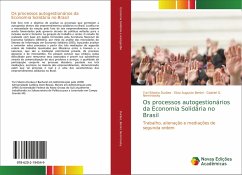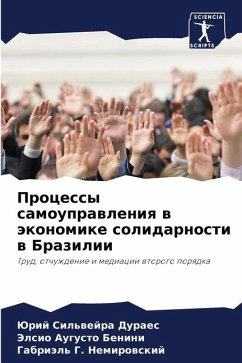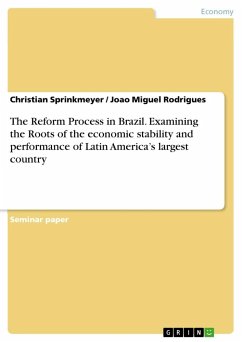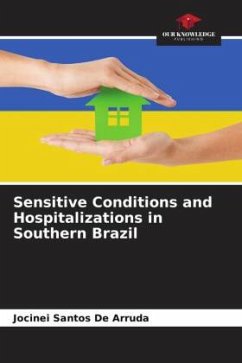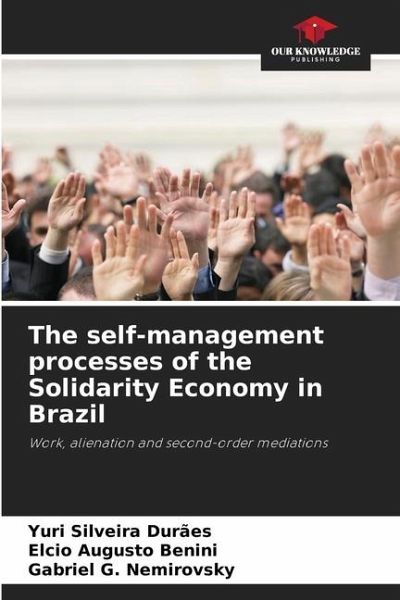
The self-management processes of the Solidarity Economy in Brazil
Work, alienation and second-order mediations
Versandkostenfrei!
Versandfertig in 6-10 Tagen
33,99 €
inkl. MwSt.

PAYBACK Punkte
17 °P sammeln!
This book aims to analyze the processes that permeate self-management within solidarity enterprises in Brazil. The need for this study is justified by the fact that these enterprises are being promoted by the government through policies aimed at social inclusion and promoting the generation of work and income. The study was based on data provided by the National Secretariat for Solidarity Economy (SENAES), through the analysis of microdata from the Solidarity Economy Information System (SIES), seeking to analyze and understand these processes based on the three second-order mediations of work ...
This book aims to analyze the processes that permeate self-management within solidarity enterprises in Brazil. The need for this study is justified by the fact that these enterprises are being promoted by the government through policies aimed at social inclusion and promoting the generation of work and income. The study was based on data provided by the National Secretariat for Solidarity Economy (SENAES), through the analysis of microdata from the Solidarity Economy Information System (SIES), seeking to analyze and understand these processes based on the three second-order mediations of work raised by Mészáros between man and nature, which are private property mediation, decision-making and exchange. It was possible to conclude that although there are difficulties in remunerating their members and providing for their subsistence through the marketing of their products and services, the quality of joint participation in the decision-making process, based on the three mediations, occurs in the majority of the enterprises, thus demonstrating that this process is real and is one of the characteristics of solidarity enterprises in Brazil.





